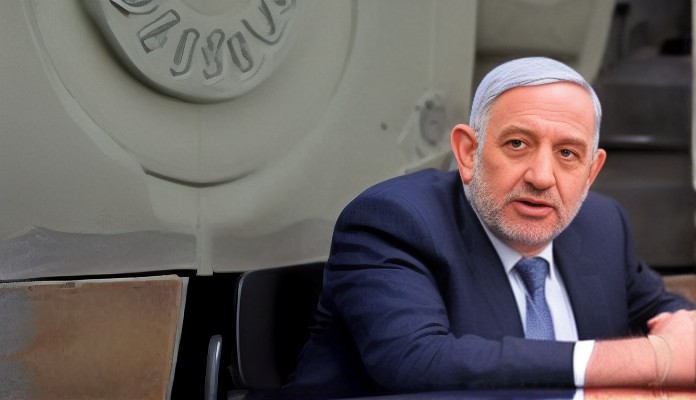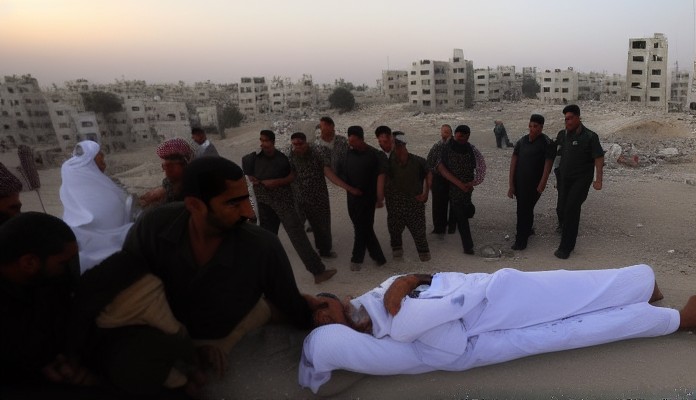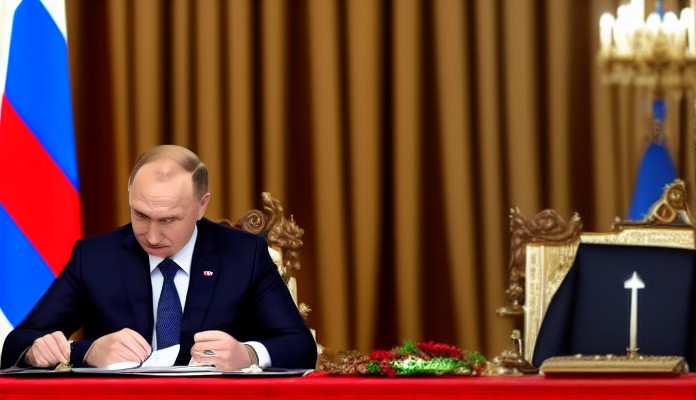Straddling the line: How does Phillips differ on Israel-Hamas conflict?
Politics
 A journalist explores how two opposing viewpoints
A journalist explores how two opposing viewpoints
Hamas and Israel: The Latest Episode in the Long War
As the Israeli-Palestinian conflict continues to unfold, with violence in Gaza and the West Bank at an all-time high, the international community can be forgiven if it feels frustrated that Palestinians and Israelis are not talking peacefully. Unfortunately, it appears to be exactly that situation.
According to a recent interview between Hamas leader Khaled Meshaal and Israeli officials, tensions are at a boiling point as political talks between parties have been in stalemate for weeks on end. In this interview, Meshaal emphasized that while he had hoped for peace by now, such talks would likely take too long to bear fruit, making the best option the one that will “give our people in the territories some breathing space from the daily attacks.”
Meshaal’s comments were met with shock from many quarters; however, they may be more accurately interpreted when viewed through the lens of past Hamas statements made earlier in 2018. On October 7th, Hamas leader Ismail Haniyeh stated that they were willing to engage in diplomatic efforts with Israel, but only if Israel stopped its bombardment of residential areas in Gaza, including the killings of civilians that often accompanied air strikes. He also promised that his party would seek a ceasefire once “all prisoners are released”; this was followed up immediately by the assassination of several top Hamas leaders in Gaza.
The same day, Meshaal rejected Israel’s demands to disarm Hamas before resuming negotiations. The killing of dozens of Palestinian protesters last week reinforced the message that Hamas is unwilling to back down on their demands, even in light of what appeared to be increasing recognition that violence has little chance of achieving lasting peace.
This behavior indicates that Hamas’ actions have no intention of changing their desire for an independent Palestinian state, as well as the fact that there would appear to be little inclination on their part to address Israel’s concerns regarding the violence in the region. Such attitudes make it almost impossible for any political solution to emerge.
**What can we expect?**
Since 2014, Israel and Hamas have been at odds over issues such as the blockade and occupation of the Gaza Strip by Israel, Hamas’s violent tactics against Israeli civilians, and Palestinian refugees still living in Israel. As longtime critics of Israel and supporters of Hamas, the US government has remained neutral in terms of which side wins this conflict, thus allowing Hamas to declare its own independence without facing any international criticism.
However, this positioning may be changing as the US president prepares to leave office early next year, making way for a new administration that may choose to prioritize diplomatic solutions to the region’s problems rather than continuing the current policy of “strategic patience.”
If the current conflict were to escalate further into 2019 or beyond, the possibility of military action by one or both sides could not be ruled out entirely. With the election of Donald Trump’s successor in January, there is a window of opportunity where there might be a shift in attitude toward Hamas and its stated goals. However, until then, what might be possible is a more gradual decrease in tensions and greater engagement between the two parties, with each working towards finding a solution that does not involve further human suffering.
In conclusion, while not impossible, any lasting peace will depend on Hamas accepting responsibility for the killing of civilians and its unwillingness to engage in acts of terrorism against civilians and Jewish people alike. This can only come about through mutual understanding, ceasefire agreements, and renewed dialogue among all parties involved. Any peace that is to emerge must embody these conditions.
**Sources:**
- http://www.aljazeera.com/news/2018/11/meshaal-hopes-peace-long-overdue-181106041451375.html
- https://www.nytimes.com/2018/11/05/world/middleeast/israel-palestine-war.html
- http://www.haaretz.com/israel-news/.premium-3.730966
- https://www.bbc.com/news/world-europe-46714991






